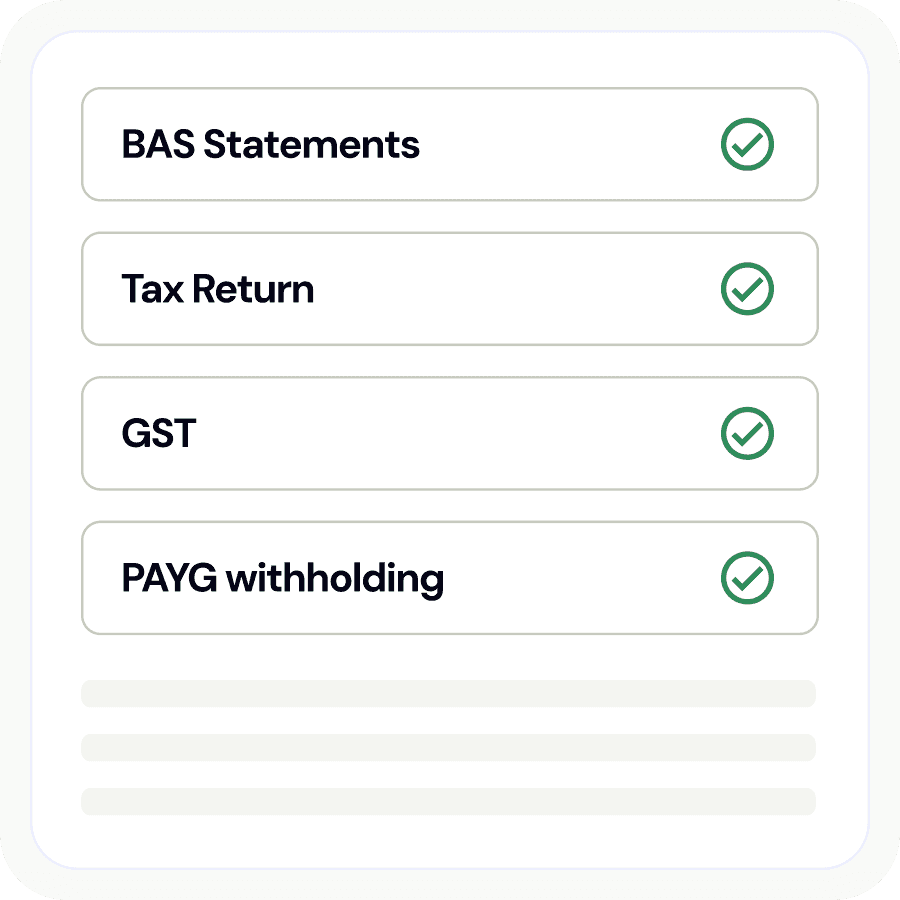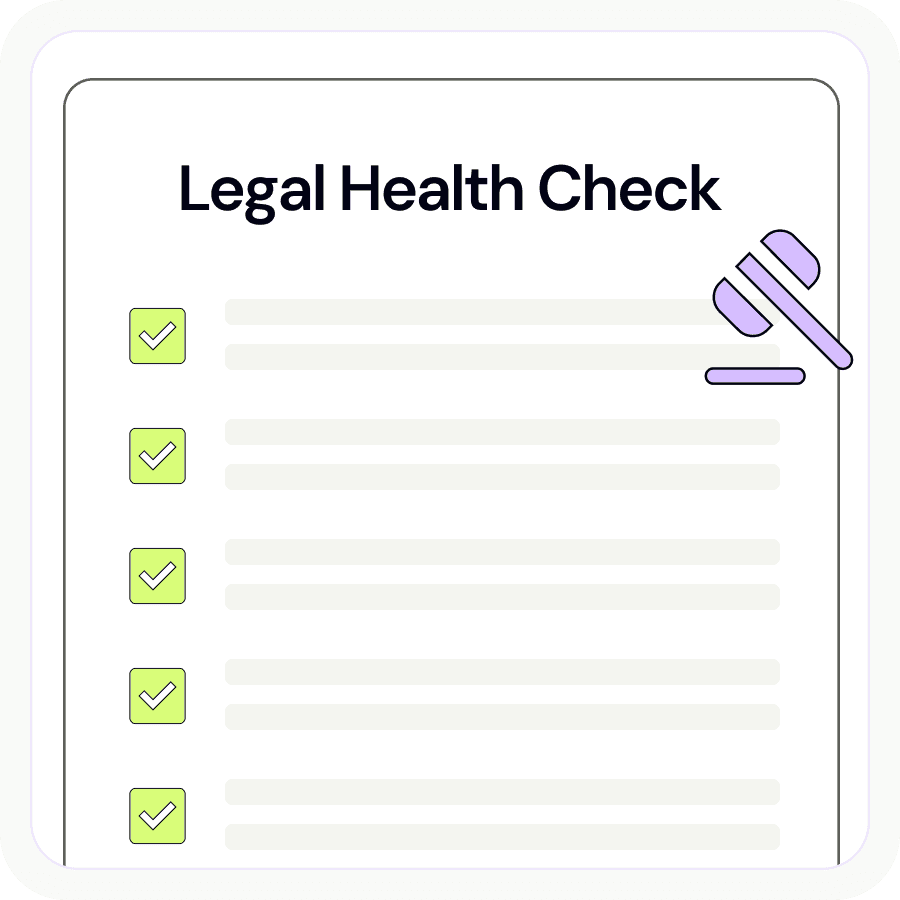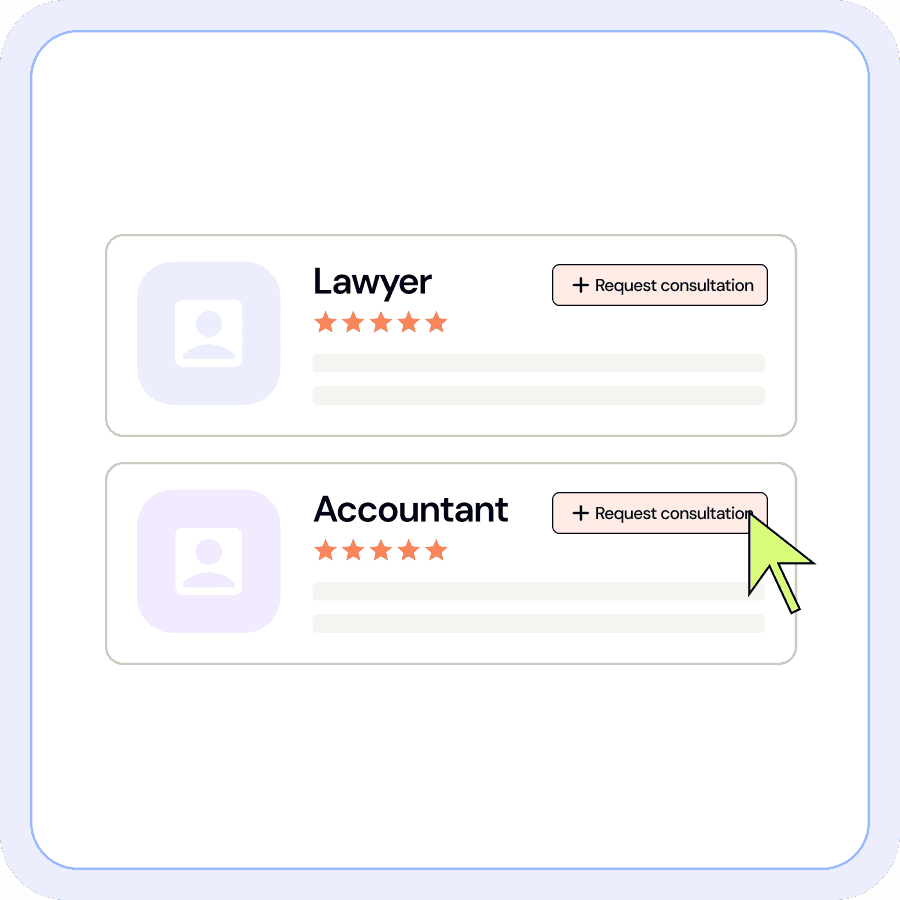Are you worried about whether a potential business partner, client, or contractor is legit? No matter if you’re a business owner, legal advisor, or investor, getting an accurate snapshot of a company’s official details is essential for safeguarding your interests and making informed decisions.
That’s where ASIC company extracts come into play. An ASIC company extract is the gold standard document issued by the Australian Securities and Investments Commission (ASIC) that delivers verified details straight from the regulator’s database.
In this article, we’ll cover what ASIC extracts are, the different formats you can obtain, and how you can make the most of this powerful compliance tool. Let’s jump right in.
Table of Contents
What is an ASIC Company Extract?
Put simply, an ASIC company extract is an official document issued by the Australian Securities and Investments Commission, which contains all the key registered details about a specific company, both legal and operational. This information comes from ASIC’s secure and centralised database, providing you with a definitive record of a company’s structure, governance, and compliance status.
will include information such as the company’s Australian Company Number (ACN), registered office address, share structure, officeholders, and historical changes.
Here’s a snapshot of what you might find:
- ACN: 123 456 789
- Registered Office: Level 10, 25 Smith St, Sydney NSW 2000
- Share Structure: 1,000 ordinary shares, fully paid
- Directors: John Citizen, Jane Smith
Obtaining an ASIC company extract is often the first step in due diligence checks, client onboarding, compliance, business transactions, or legal verifications in Australia. It’s a must-have for lawyers, accountants, lenders, and anyone needing absolute certainty about a company’s official standing.
A company extract gives you instant information about a company. This allows you to:
- Check the validity of a company.
- Understand the history of the company and its operations.
- Learn who the people behind the company are.
- Uncover any information that may make a company undesirable.
- Ensure you understand the risks of a potential venture with another entity.
Further, company extracts are beneficial when commencing legal proceedings. Having this information on hand will ensure that you serve the right entity if you commence proceedings.
Similarly, Courts may require you to provide a company extract when commencing winding up proceedings.
Types of ASIC Company Extracts
ASIC provides multiple extract formats, each designed for specific purposes. Beyond current details, you can also access historical information, which will include details on former directors, company names, and company addresses.
A good example of this would be where you’re considering investing in a new entity named ‘McMaster’s Fishing Operations’.
You recall that a company entered administration a couple of years ago, named ‘McMasters Fishing Co.’ You suspect that these could be the same entity, but you want to make sure first.
It would be wise for you to check that these are not the same entity by reviewing all the previous names of the current company.
Here is what you can expect to find on different types of extracts:
| Extract Type | What it Contains | When to Use | Example |
| Current Extract | The most up-to-date snapshot: current directors, addresses, shareholding, status | Quick checks, simple verification | Reviewing key officeholders before signing a contract |
| Historical Extract | Full timeline of changes: past directors, historical addresses, and old shareholding | Deep due diligence, compliance audits, tracing ownership changes | Checking directorship changes over 5 years |
| Combined Extract | Both current + history: everything from both above | Legal cases, complex matters, M&A | Building a forensic view for litigation |
When would you need an ASIC Company Extract?
If you are wondering why you would go through the trouble of obtaining an ASIC Company Extract at all, here are some examples of when one is a necessity.
Current extract: quick client verification
Let’s say you’re about to sign a service contract with a new Australian supplier. The current extract gives you the latest company snapshot, confirming the business is still active, the listed directors haven’t changed overnight, and the address is genuine.
This helps you avoid partnering with a deregistered or fraudulent entity.
Historical extract: investigating past ownership
Imagine that you’re assessing a company involved in a legal dispute over past obligations. The historical extract shows who controlled the company in previous years, tracking changes in directors, addresses, and shareholding.
This is crucial for legal, auditing, or compliance reviews where company history affects liability.
Combined extract: Mergers & Acquisitions (M&A) due diligence
If your firm is considering acquiring a competitor or investor stake in a business, you may want to obtain a combined extract. It delivers both the current details and the historical evolution of the company.
With a one-stop document, you get a full overview for deep due diligence, spotting trends, previous restructures, or red flags in one go.
What information does an ASIC Company Extract contain?
A standard ASIC company extract is broken into clearly defined sections that together form a detailed profile.
Here’s what you’ll typically see:
- Company name and number (ACN): legal name and unique 9-digit identifier
- Registration date and status: when the company was formed, and whether it’s active, deregistered, or in administration
- Registered office address: official address for legal notices
- Principal place of business: main operational site (may differ from office)
- Officeholder details: directors, secretaries, including names, birth dates, addresses, and dates of appointment/cessation
- Share structure: types and numbers of shares issued, classes (e.g., ordinary, preference)
- Shareholder information: for proprietary companies, who owns what and in what quantity
- Lodged documents: list of returns, resolutions, and other paperwork filed
- External administrators: information on liquidators, receivers, or administrators (if any)
- Ultimate holding company: if the company is a subsidiary
Each section is a building block, providing clarity on who runs the company, its legal compliance, and its economic structure.
These insights are crucial when you’re conducting compliance checks, assessing for mergers or acquisitions, verifying directorships or shareholdings, or onboarding a new client or supplier.
How to get a Company Extract from ASIC
Obtaining a company extract from ASIC is a straightforward process that is accessible to anyone online.
Here isa step-by-step guide:
- Visit ASIC Connect: Go to the ASIC Connect portal.
- Search by name or ACN: Enter the company’s full name or ACN for best results.
- Select extract type: Choose between Current, Historical, or Combined extract options.
- Pay the fee: Confirm your order and pay securely online (fees outlined below).
- Receive extract: You’ll get your company extract delivered via email as a PDF, or by post for an additional charge.
Fees for a company extract
You will receive the extract instantly in exchange for a small fee. You can choose to receive historical information about the entity in addition to current details. An extra fee also applies if you wish to have the extract mailed to you.
Here is a breakdown of what an ASIC company extract costs.
- Current Extract: $9
- Historical Extract: $19
- Combined Extract: $38
Additionally, a brief summary extract is available for free, but it does not contain exhaustive information.
There are also several other types of extracts you can obtain (for different fees). These include:
- Roles and relationship extract
- Certificate of registration of a company
- Current Australian registered body extract
- Current and historical Australian registered body extract
- Foreign company extract
- Current and historical foreign company extract
- Managed investment scheme extract
- Current and historical managed investment scheme extract
Always check ASIC’s site for the latest pricing and turnaround times. While you can receive most extracts immediately, you’ll need to allow time for the ASIC database to update if there’s been a recent annual review or company change.
How to read and interpret a company extract
Once you’ve obtained the extract, there are several details you should check against the information you receive from the company you plan to work with or have other business dealings with.
Here is what you should check:
- ACN and registration details: Ensure these match what you expect or what’s on contracts.
- Officeholder changes: Frequent resignations or appointments might indicate turmoil or deliberate obfuscation.
- Company status: Flags like “External Administration” or “Deregistered” are obvious red alerts.
- Addresses: Out-of-date or suspicious PO boxes may signal non-genuine business locations.
- Shareholding structure: Watch for unusual classes or large numbers of shares held by a single entity.
Keep the extract on file for audits or ongoing compliance. ASIC refers to these documents as the “official” record at a point in time, which is vital for defending your due diligence.
How a registered ASIC agent can help
A registered ASIC agent is a specialist, often a lawyer, accountant, or professional service provider accredited by ASIC, who can simplify compliance and extract retrieval.
Here are some of the benefits of using an ASIC agent:
- Expert navigation of ASIC’s systems, so you don’t waste time figuring out the process
- Accurate selection of the correct extract type for your specific needs
- Faster turnaround for urgent or bulk requests
- Assistance in interpreting complex legal or technical terms
- Ability to bundle extract retrieval with ongoing compliance services (e.g., annual reviews, director/secretary changes, updating shareholdings)
Consider partnering with a registered agent like Lawpath to access a one-stop, ongoing compliance solution for all your corporate filings.
FAQ
How much does an ASIC company extract cost?
An ASIC company extract will set you back $9 for a current version, or $19 for historical or combined versions (check the latest fees before purchase for any changes).
How long does it take to get a company extract?
You’ll typically receive your ASIC company extract within a few minutes of ordering. It will arrive at your nominated email address. If you request a mailed version, allow for a longer delivery period and account for additional fees.
What’s the difference between a company extract and a business name extract?
A company extract covers all the official, registered details of a registered company. A business name extract is specific to a trading name and doesn’t give you full corporate records.
Protecting your business with the right information
Getting an ASIC company extract is the trusted first step when you need to know exactly who you’re dealing with in the world of Australian business. Whether you’re doing compliance checks, onboarding major clients, or entering new ventures, these documents provide the clarity and legal certainty you need.
Don’t want the compliance headaches? It’s never been easier to stay informed, protected, and ahead of the game. Lawpath helps you ensure ASIC compliance at every step of the way, including ASIC agent services and much more!








